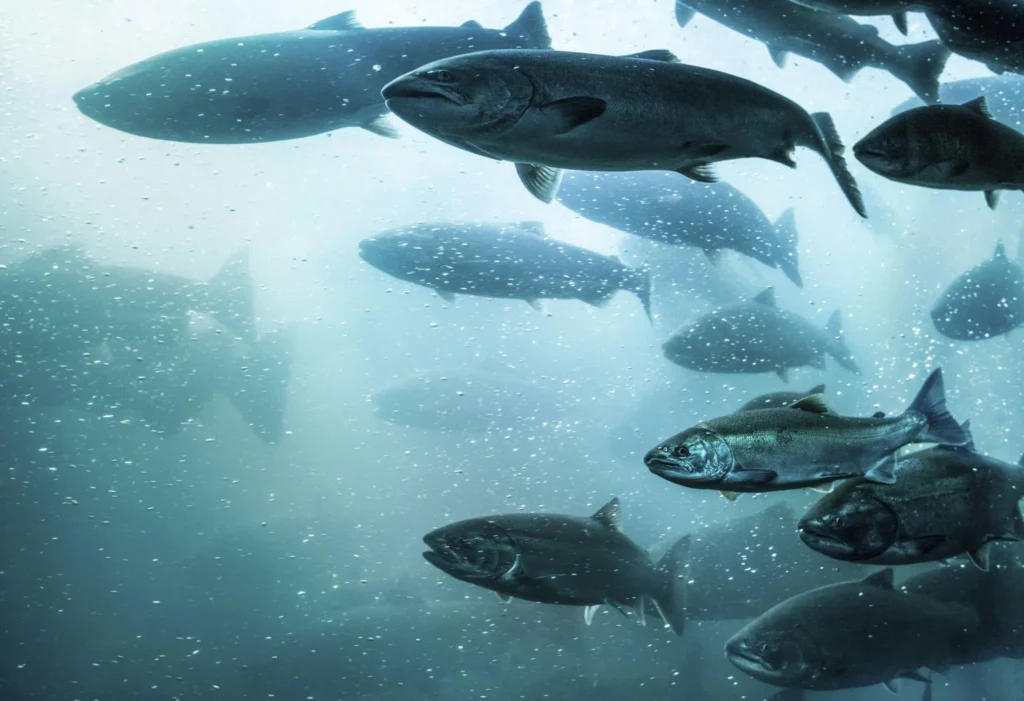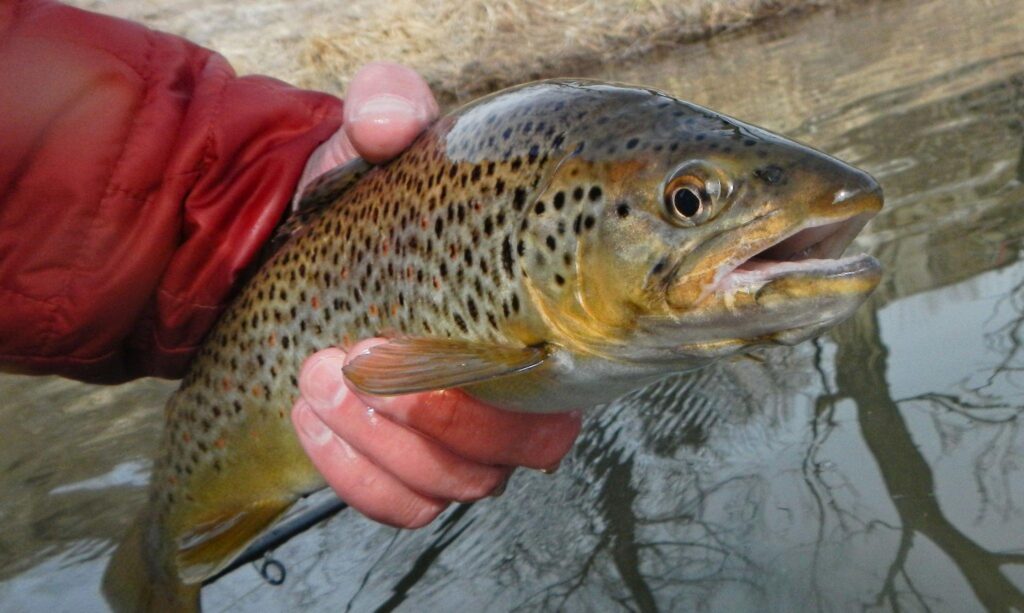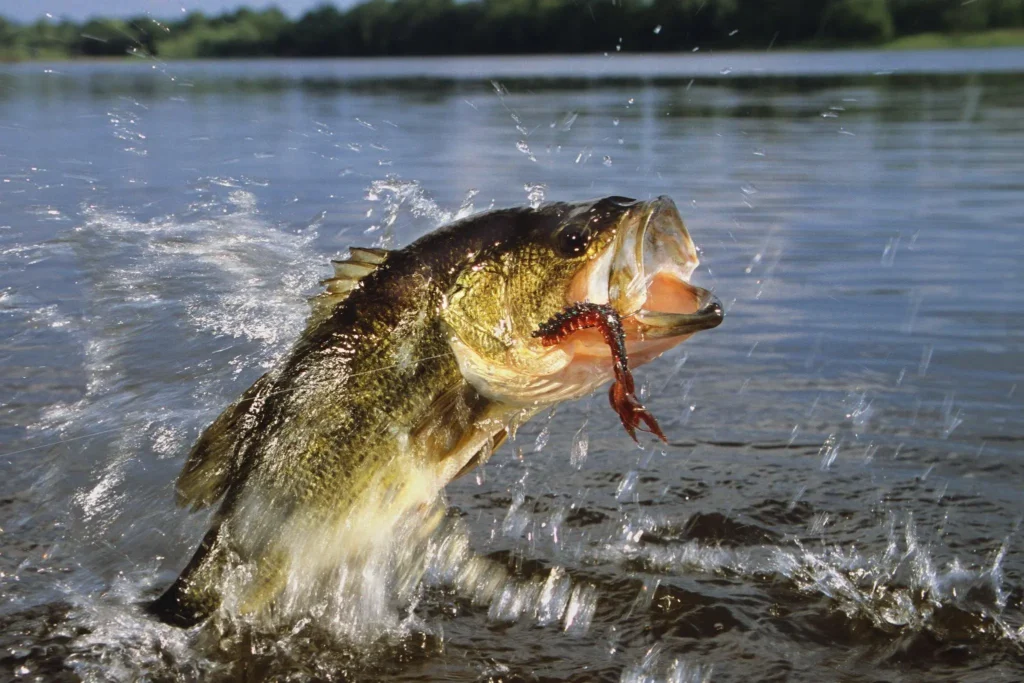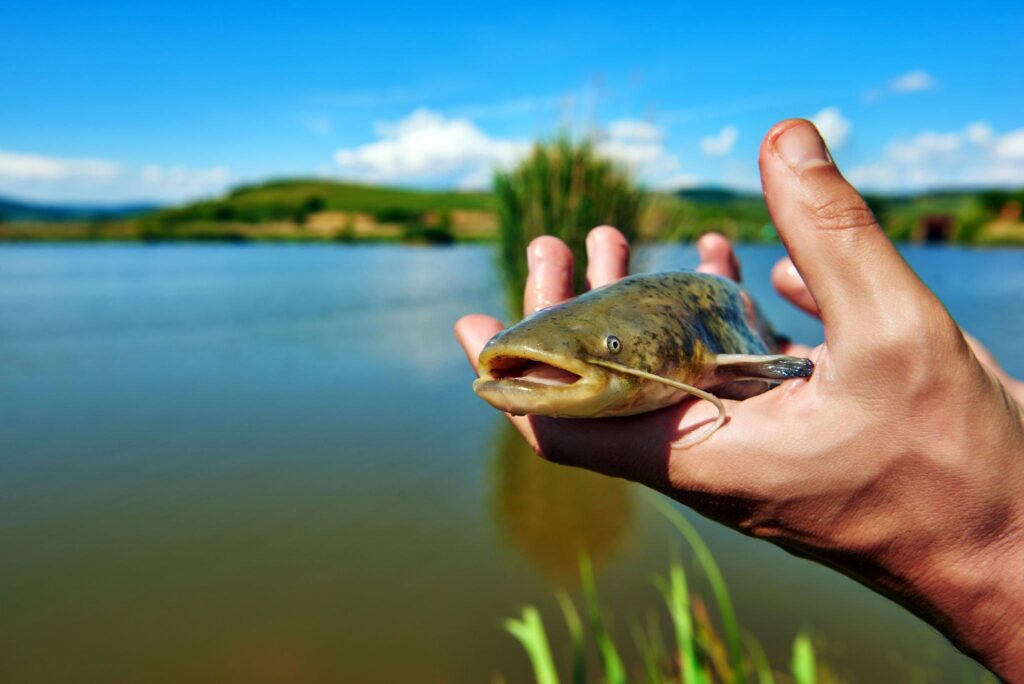Have you ever wondered how fish react when it starts pouring rain outside? As creatures that spend their entire lives underwater, fish have evolved unique behaviors and adaptations to handle changing weather conditions and rainfall.

In this guide, we’ll explore the fascinating topic of what do fish do when it rains.
During heavy rainfall, the environment above and below the water’s surface goes through many transformations.
From decreased visibility to fluctuating water temperatures, fish need to adjust accordingly to stay safe and comfortable.
Depending on the species, fish may react differently to storms and downpours. However, most fish have specialized traits and reflexes that help them survive inclement weather.
Table of Contents
Changes In Water Conditions when it rains
When it rains, certain conditions in the water change rapidly. These shifts in the environment trigger specific behaviors and reactions from fish.
Here are some of the most significant effects of rainfall on water:
- Decreased Visibility – Sediment and debris from land flows into the water, reducing clarity and making it harder for fish to see. Some species may seek shelter or become still to avoid predators.
- Lowered Temperature – Cold rain falling on the water’s surface causes it to cool down. Fish like trout and salmon may become more active with the drop in temperature.
- Lowered pH – Rainwater is slightly acidic, so heavy downpours lower the pH of the water. This can stress certain fish species like bass and catfish.
- Increased Current – Rain creates stronger currents, ripples, and wave action on the surface. Fish adjust their positions and headings to compensate.
- Higher Oxygen – Agitation from raindrops mixes more oxygen into the water. This allows fish to breathe easier during the rain.
How Different Fish React
Now that we understand how rain impacts water conditions, let’s look at what do fish do when it rains based on different species:

Trout
- Become more active as water cools
- Seek out faster moving currents and riffles
- Rely on senses besides sight for locating food

Bass
- Move toward shallower water and protected structure
- Stop actively feeding until rain passes
- Use lateral line system to feel vibrations

Catfish
- Relocate to bottom of lakes and rivers
- Reduce activity levels to conserve energy
- Use barbels to sense food in turbid water
As you can see, fish have species-specific rain responses and adaptations.
Trout and salmon flourish in the cold, raging currents triggered by heavy rain. Bass and catfish head for cover and wait for the storm to pass.
Fish Behavior Across Different Species When it rains
| Fish Species | Behavior During Rain | Reason |
|---|---|---|
| Trout | Seeks pockets of slower-moving water | Adapted to strong currents |
| Catfish | Becomes more active and hunts | Enjoys turbid waters |
| Salmon | Migrates upstream | Spawning signals |
| Betta Fish | Stays close to the surface | Breaths atmospheric oxygen |
What do fish do when it rains?
When it rains, fish often seek shelter, become less active, and rely more on senses like their lateral line system. Different species react in their own ways – trout get more active with cooler water, while bass and catfish head for cover.
Fish Response to Rainfall: A Summary of Key Aspects
| Aspect | Impact of Rain on Fish |
|---|---|
| Water Quality | May wash pollutants, but also oxygenates water |
| Temperature | Cooler temperatures may reduce activity |
| Water Levels | Increased levels provide more space and possibly more food |
| Food Availability | Washed-in insects may trigger a feeding frenzy |
| Breeding Behavior | Conducive conditions for spawning for some species |
You may also like to know: Is Fishing Good After Rain? 5 Things to consider
FAQs:
Is fishing good during rain?
Fishing can be good during light rains as fish become more active, but heavy rains that muddy waters and change conditions drastically can slow fishing.
Do fish bite better before or after rain?
Fish often bite best right before a rainstorm as feeding activity increases, but bite can also improve after rains pass as water conditions stabilize.
Where do fish go after a heavy rain?
After heavy rains, fish tend to seek shelter near shorelines, under cover, and in deeper sections of water bodies until conditions improve.
What do fish do when there is a storm?
During storms, most fish look for shelter, become less active to conserve energy, and rely on senses like their lateral line until the storm passes.
Conclusion
The question, “What do fish do when it rains?”, unravels a tapestry of biological responses, ecological impacts, and even cultural tales. From natural water bodies to the confines of a glass tank, fish and their behaviors during rain offer a mesmerizing glimpse into the interconnectedness of nature.
